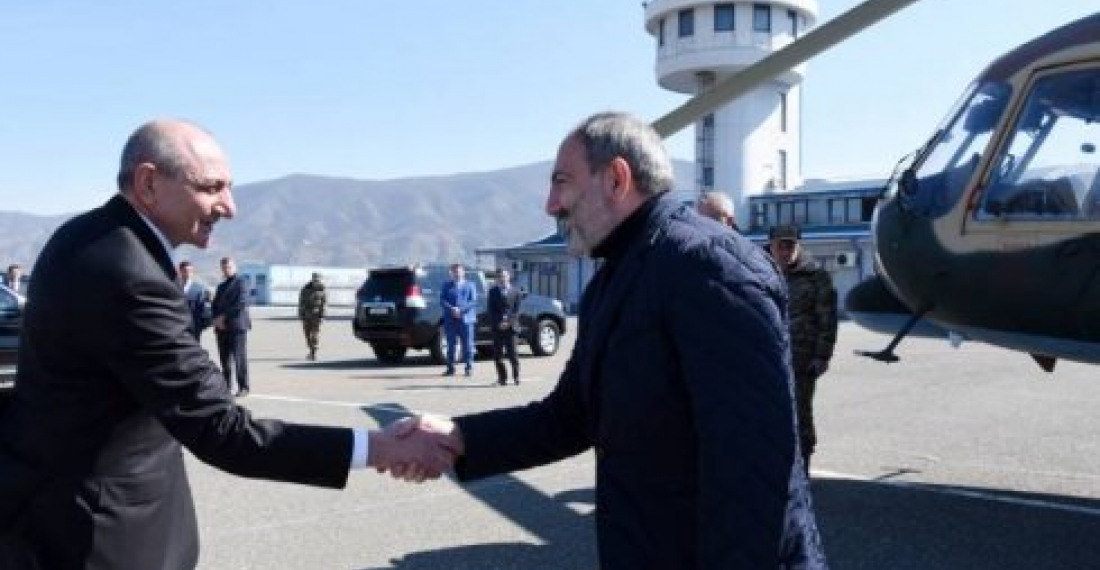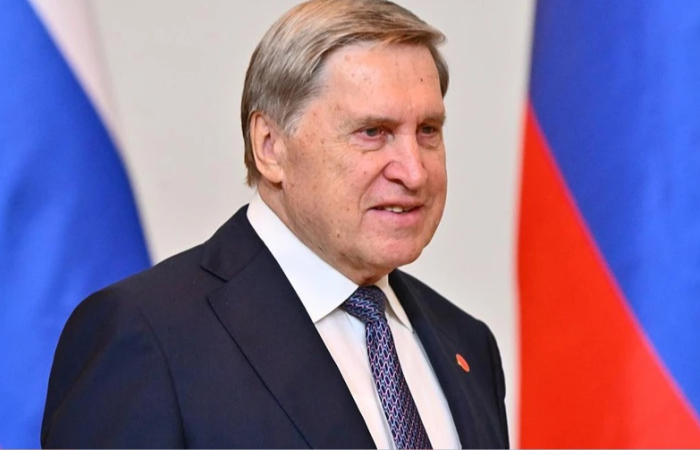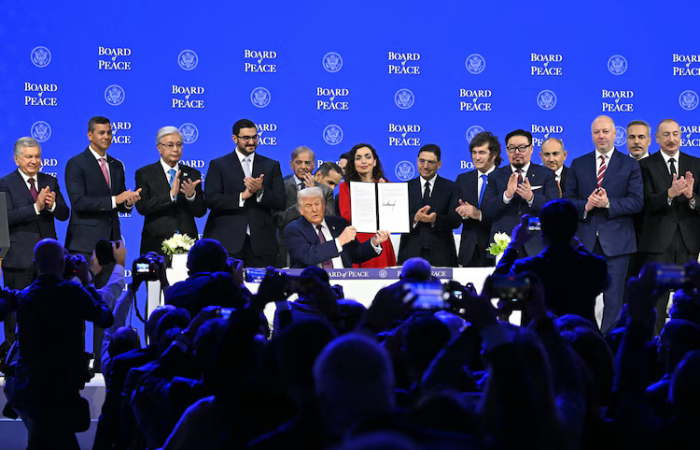On Saturday, 9 March, the three co-Chairmen of the OSCE Minsk Process, mandated by the international community to facilitate the process for a peaceful solution to the Nagorno-Karabakh conflict, issued what for them is an unusually long statement in which they urged the parties to the conflict to remain focused on the upcoming summit between the leaders of Armenia and Azerbaijan under their auspices and underlined "the importance of maintaining an environment conducive to productive discussions".
The statement immediately triggered a response from both Baku and Yerevan. The foreign ministries of Armenia and Azerbaijan issued statements through their spokespersons on the same day, both giving their own spin to the statement, and as often happened in the past, highlighting the bits they found most convenient. Over the last forty eight hours, numerous commentators, experts and political parties have joined the chorus in pretty much the same vein. Not exactly what the co-Chairmen had in mind when they issued the statement, but it quite accurately reflects the highly polorised situation within public opinion on both sides of the conflict divide.
This is the background for other events happening these days. In Azerbaijan, the Ministry of Defence launched large military manoevres on Monday morning (11 March). Azerbaijani military sources told the media that "the exercises involve up to 10,000 military personnel, up to 500 tanks and other armoured vehicles, up to 300 missiles and artillery systems of different calibre, multiple launch rocket systems, and mortars, up to 20 army and front-line aircraft."
The sources said that "in the course of the exercise, troops will implement tasks of preparing an offensive operation, striking an imaginary enemy in several directions, breaking through its defence, and defeating military groups, as well as launching missile and artillery strikes against military and strategic targets located in the enemy's defensive depth. At the same time, combat firing will be carried out in training centres and combined-arms ranges using new weapons systems, including the practical launch of missiles."
Armenia has condemned the exercises and said that Azerbaijan failed to give advance notice, as it was due to under several international obligations.
In Armenia meanwhile, opposition forces of various shades have used the statement of the co-Chairmen of the OSCE Minsk process to attack the government of Nikol Pashinyan. On Monday morning Pashinyan travelled to Stepanakert on a military helicopter and was met at Stepanakert airport by the leadership of the self-declared Nagorno-Karabakh Republic. Pashinyan was accompanied by his wife Anna Hakobyan.
A government source in Yerevan said that Pashinyan has convened on Tuesday a meeting of the Armenian National Security Council in Stepanakert. This is a highly unusual, perhaps even unprecedented step, and it is not clear what will be discussed in this meeting.
source: commonspace.eu with agencies
photo: Nikol Pashinyan arrives in Stepanakert on Monday (11 March) and is greeted by Bako Sahakyan, president of the self-declared Nagorno Karabakh Republic (picture courtesy of ARMENPRESS, Yerevan)







